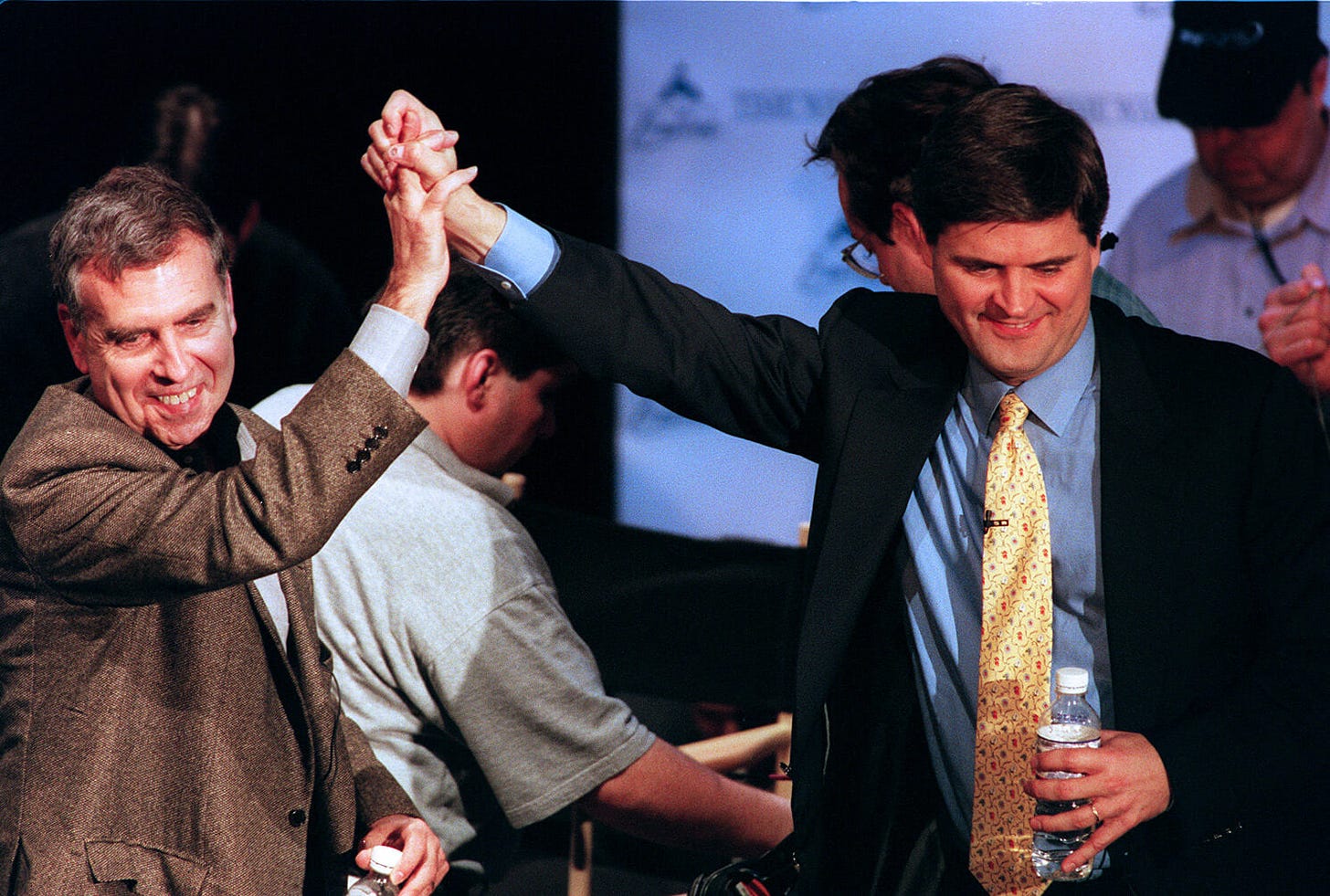The 10 Biggest Corporate Mergers and Acquisitions in History
The opportunity to see that the purchase of Activision Blizzard by Microsoft for nearly $69B is far from the Top 10.
Microsoft has just announced the purchase of the video game giant Activision Blizzard for $68.7 billion. This is a record amount for this sector. Until then, the most expensive acquisition in the video game industry was 12.7 billion dollars. This record was set just a few days ago when publisher Take-Two announced the acquisition of mobile game speciali…
Keep reading with a 7-day free trial
Subscribe to Sylvain Saurel’s Newsletter to keep reading this post and get 7 days of free access to the full post archives.




